I applaud the effort of the producer and also the Amhara media for giving leadership development an emphasis and priority. As the saying goes, leadership makes or breaks. No country, organization nor business could be able to fly above the level of growth of its leadership. Unfortunately, in our country, there is a common notion that leaders are those who are at the top with authority and title. We cannot transform our nation and organizations without raising as many leaders as possible at all levels.
That was why in the first part of my presentation, I addressed this issue declaring that we all are leaders wherever we are, at least, for our job description. I emphasized that impactful leaders at the top encourage and empower their people to take leadership. They create the right culture, provide incentives, and promote those who take lead.
The second issue I raised was the importance of developing certain leadership qualities. Like any other competence, leadership requires an investment of time and resources. Sadly, unlike in other cultures, we undermine soft skills like leadership competence. We are okay to go to school, invest our time, energy and money to attend training to learn technical skills but we hesitate even refuse to do the same and fail to improve our leadership abilities. Many of our leaders lead out of zeal and using just conventional wisdom, in the 21st C, without developing the necessary leadership attributes (For that matter, many lead Bechebeta 🙂 For detail, watch the full session. I myself missed the whole session and looking forward to getting the recording. Will share with you the link when it becomes available. Stay tuned!
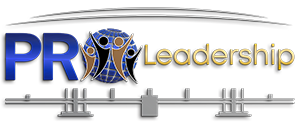
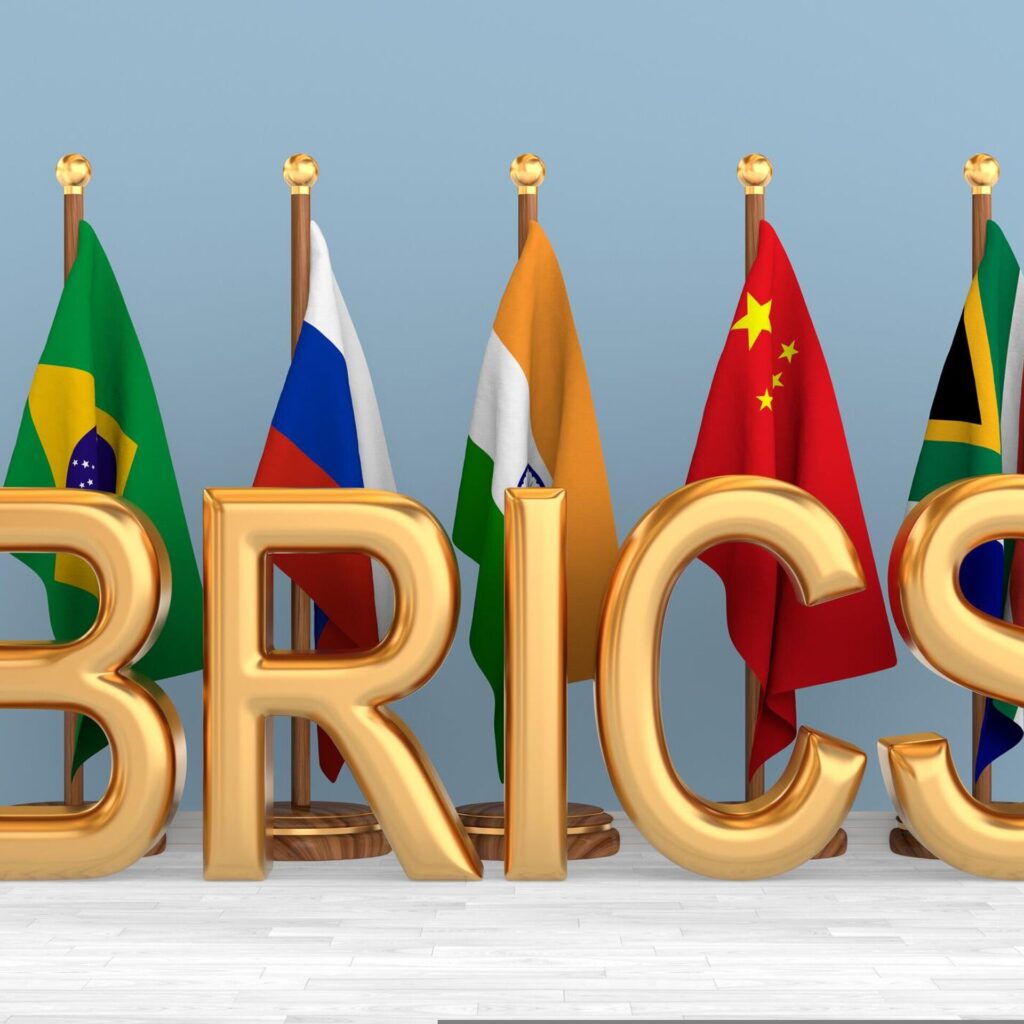
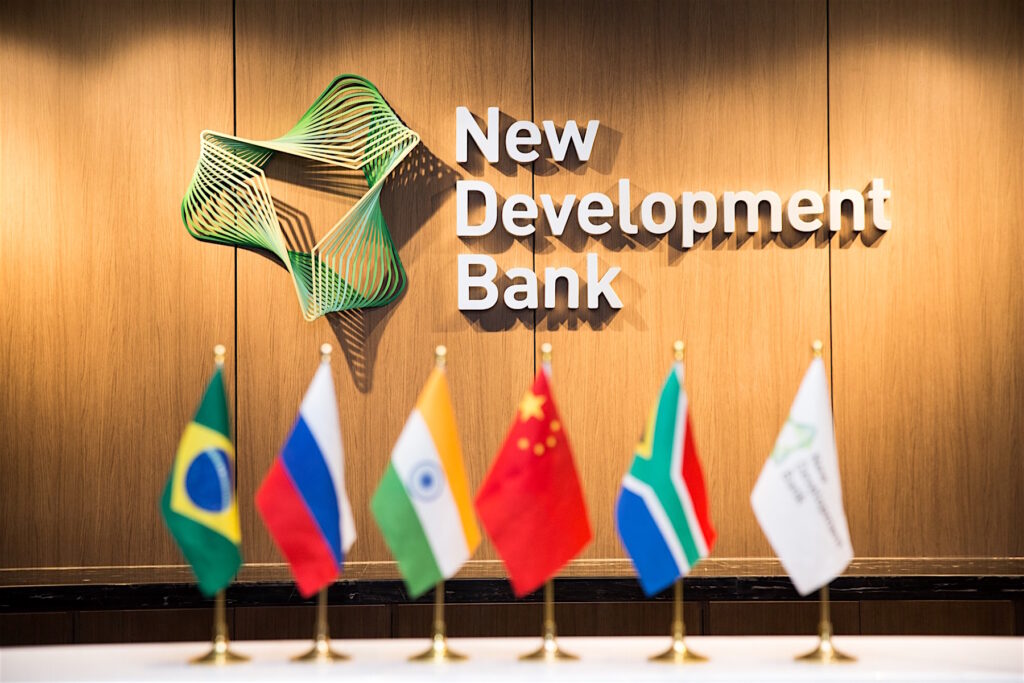
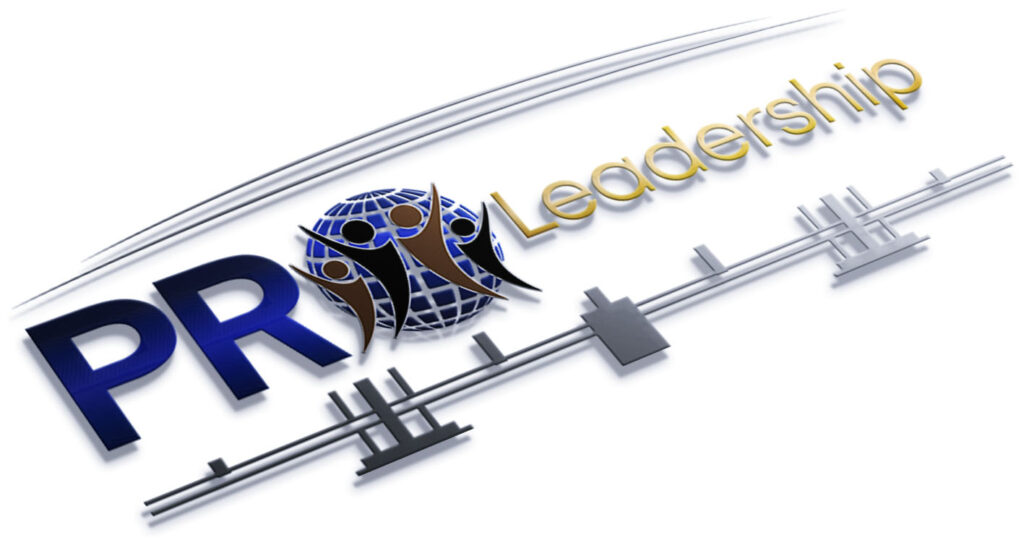
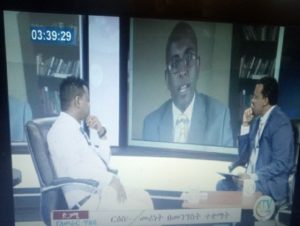
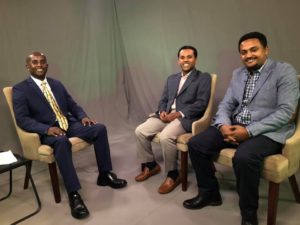
 D5 Creation
D5 Creation